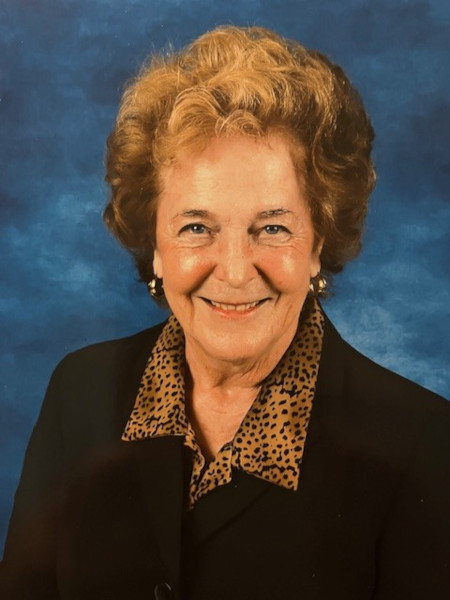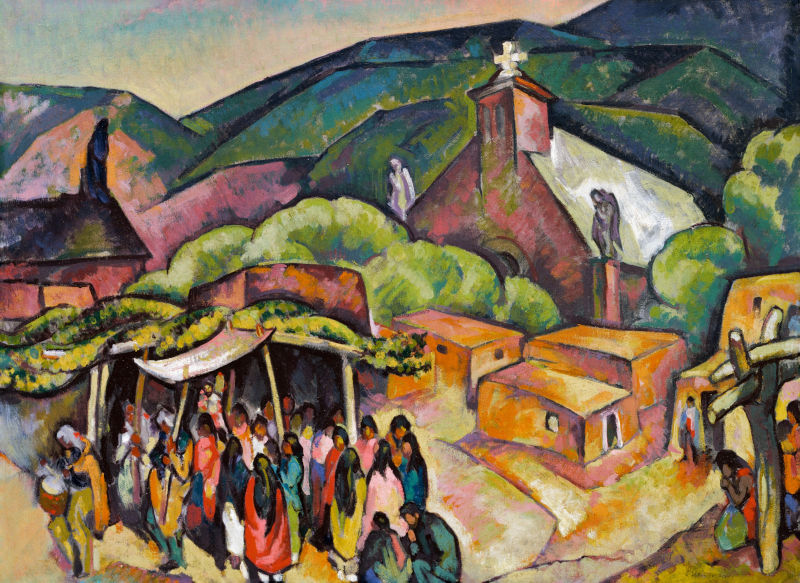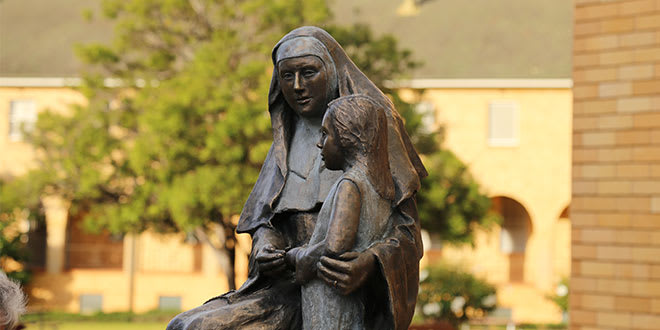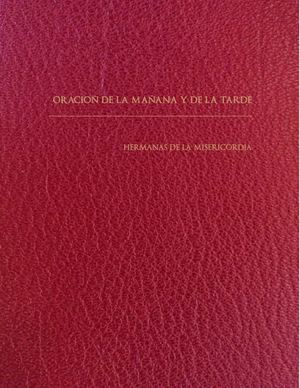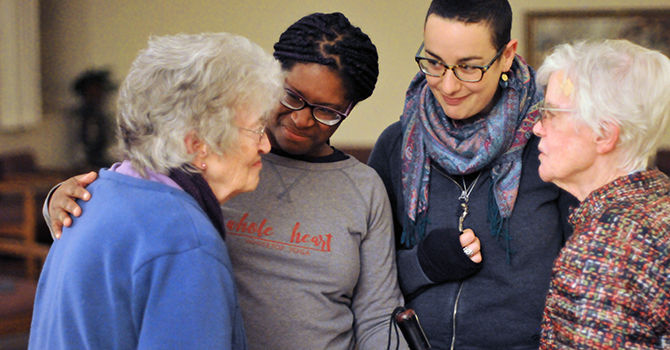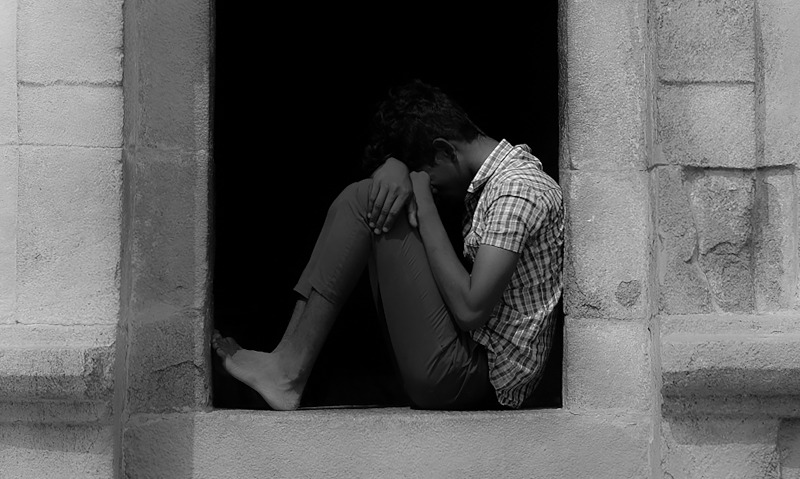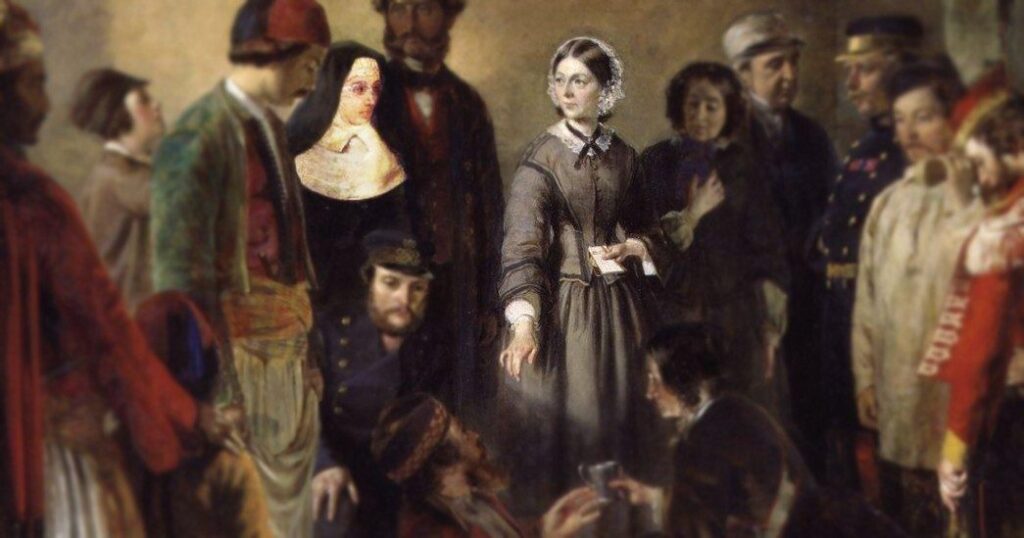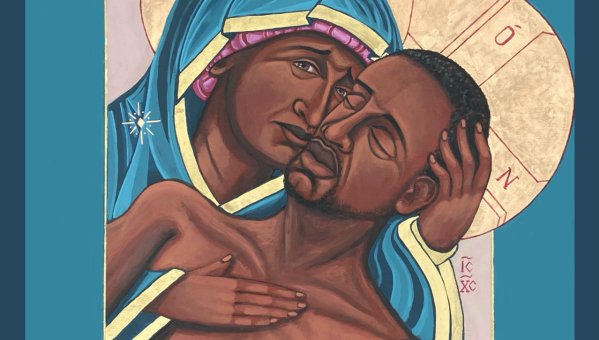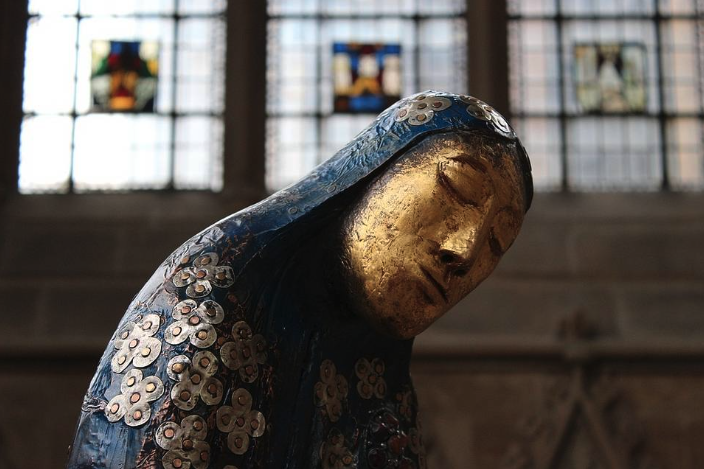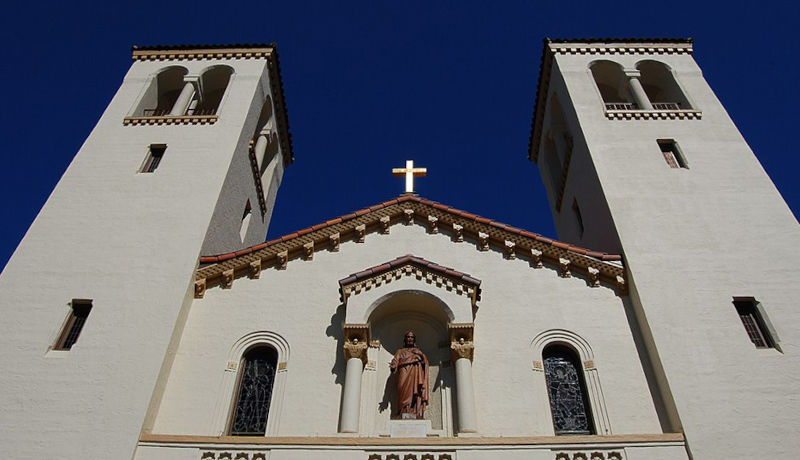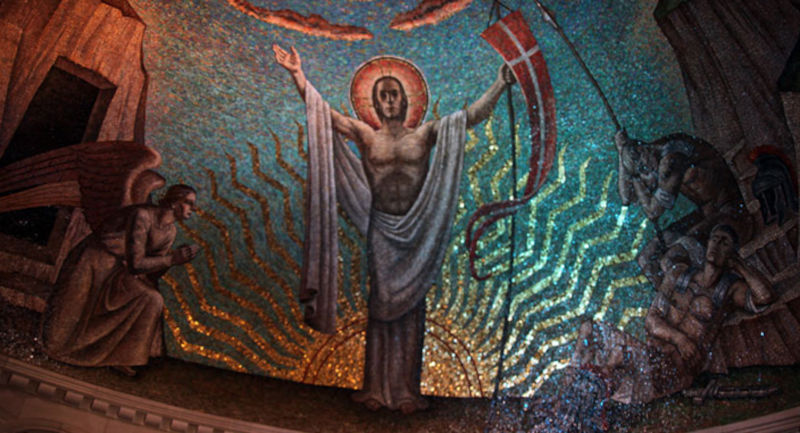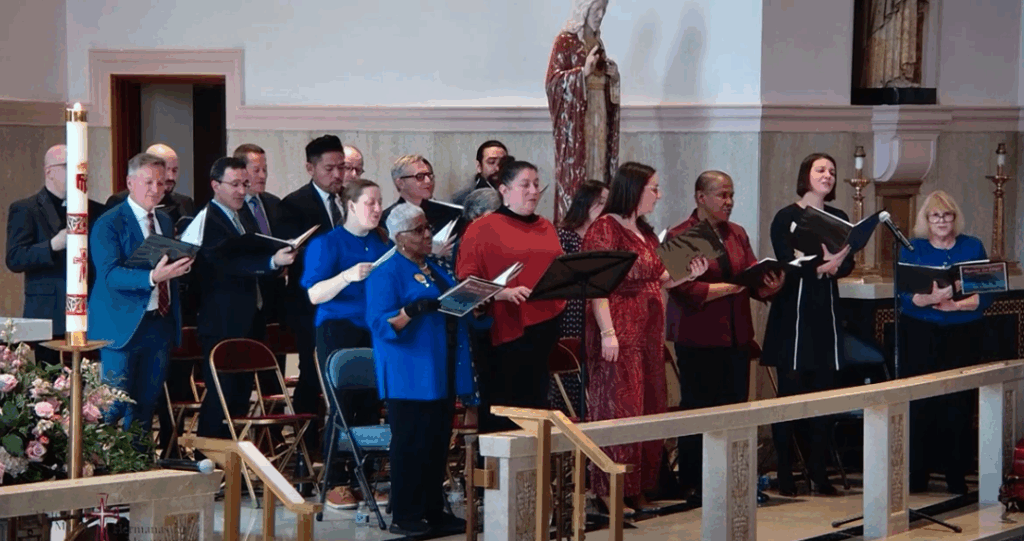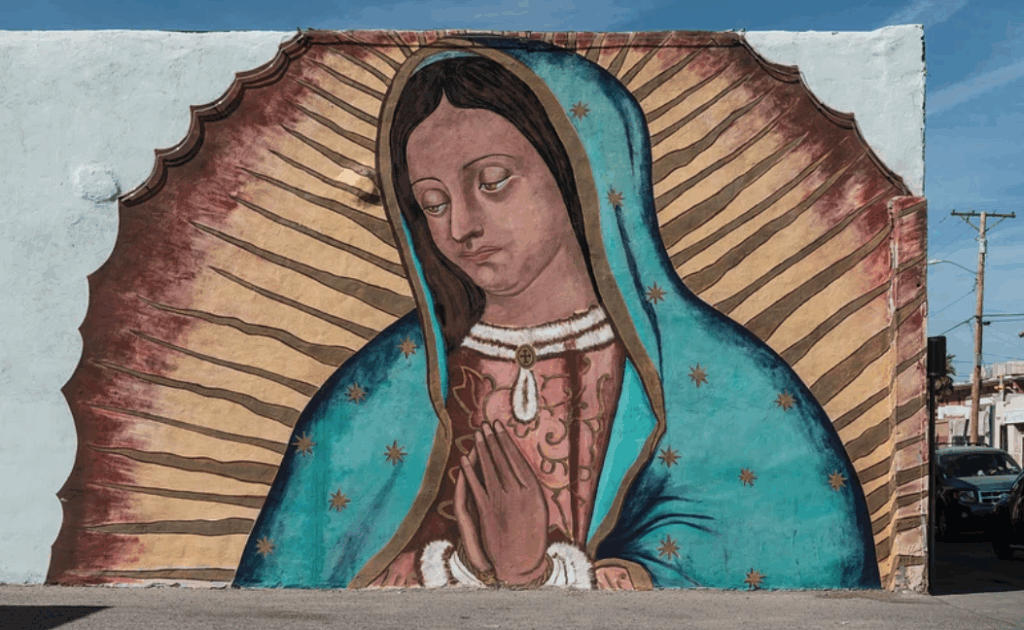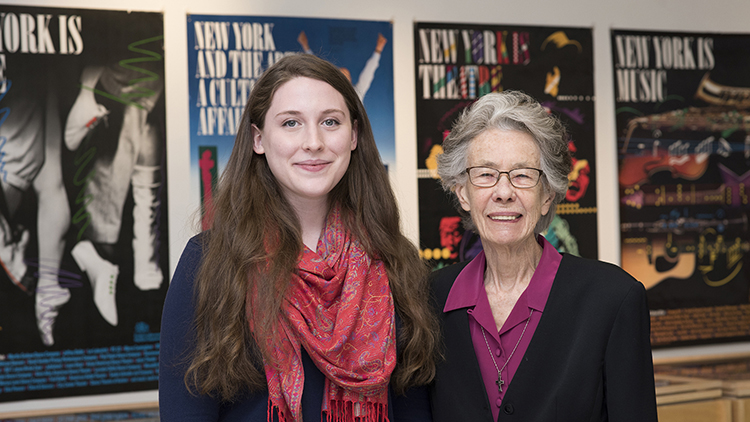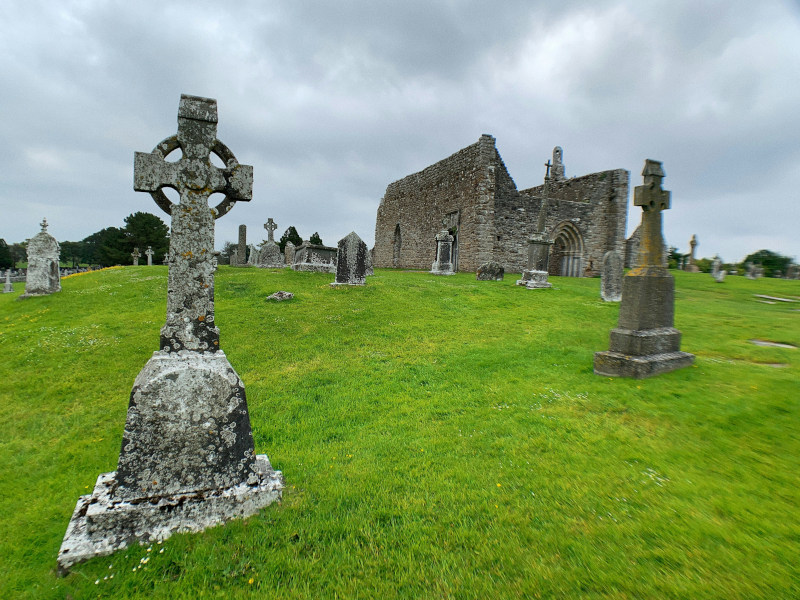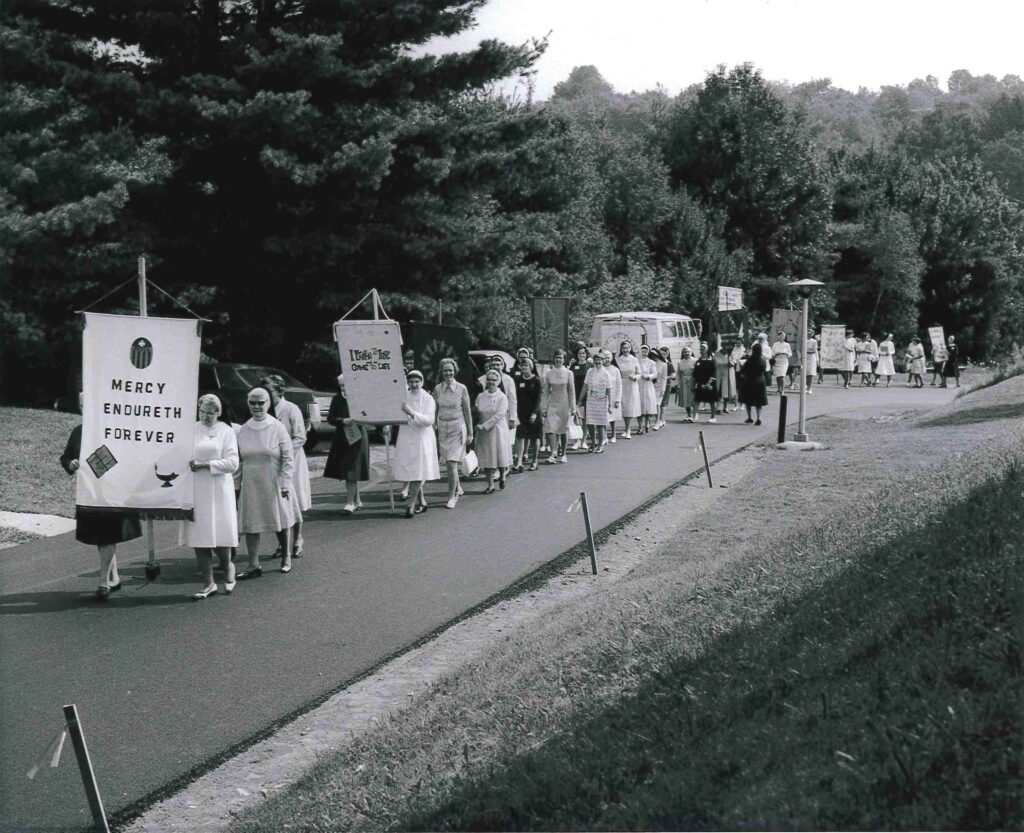Dear Sisters, Associates, Companions and Friends of Mercy,
This issue, “Foundations of Spirituality,” comes in the midst of the flow of The MAST Journal toward online publication. In the interim, we are presenting our articles in the same way we have for the last 30 years, the form in which you receive this issue.
At the same time, we are working gratefully with the Institute toward broader distribution of the Journal and adaptation to the realities of digital communication. The theme of this issue expresses our conviction that accommodation to the “signs of the times,” reveals that the foundations for our lives and ministries haven’t changed, even if the gears for working them are getting re-fitted.
What do we understand as foundations of spirituality? Our lives are founded on the following of Jesus Christ. We devote ourselves to contemplation of the Scriptures, where our prayer every day is grounded. We are women of the Church—inspired in its good seasons like Vatican II and the Synod and enduring its off seasons. We believe that the divine milieu surrounds us and the holy breaks into our daily-ness. We turn to each other for direction and accompaniment, seeking wise counsel for our individual journeys, and strength in our struggles.
In the writings of holy men and women, and contemporary spiritual guides, like Thomas Merton, we find their questions about life’s meaning and purpose, and the relation of faith to the world’s needs resonates with your own. We share community life with women whose individual gifts and dedication, seemingly so ordinary, inspire us, and we hold our relationships with them as sacred gifts. Even as the shape of community life changes and our numbers diminish, we embrace the foundation of our being together—encuentro. In these transitions, who among us will not find inspiration in the courage of Catherine McAuley, who took chances to start new missions, without guarantee of what the result would be?
Doris Gottemoeller revisits the publication of the volume Morning and Evening Prayer of the Sisters of Mercy in 1998—and the distribution of 20,000 copies to Sisters of Mercy all over the world. We pray in union with the Church. She offers practical suggestions for renewing the power of this single volume to both unite us and provide variety. These include alternate translations of the psalms, recorded musical selections, additional intercessions, readings from spiritual authors and passages from the writings of our foundress.
Sharon Kerrigan’s “Thin Places” was presented as a plenary talk during the annual MAST meeting in June 2023, held in Belmont, North Carolina. Sharon gives examples of “thin places” where the ordinary and daily breaks through to the experience of the divine. She reviews Celtic spirituality which gives attention to wells, tombs, and gates. Vatican II and the Synod are experiences of ecclesial transitions we can call “thin places.” Even debates between theologians are a sort of “thin place.” Scripture passages like Emmaus and the Samaritan woman at the well are examples in the gospels.
Fran Repka, a constantly consulted counselor and spiritual director, describes the thirst for spiritual direction that she’s observed the last decade—among both church-goers and denominationally non-affiliated. What does “spiritual direction” mean? She describes the qualities a spiritual director or accompanier should have. What does it mean to lead or to guide out of love? What forms of resistance might a person experience, even as they want to grow in their relationship with God? What does discernment mean when I try to sort which critical concern is claiming my attention? She gives encouragement to readers.
Julie Upton offers a creative, lively reflection, in the form of a letter to Thomas Merton, about her long familiarity with his writings and his person. She admits she returns again and again to Merton’s writings, even though he exasperates her. She poses questions he hasn’t answered. Did he write his journals in order to be published, or to help understand himself better? He wrote about the mysteries of the Catholic faith, but she asks, “What is the mystery that is your own life?” A charming ending—she has enjoyed dancing with him, even though he sometimes steps on her toes.
Janet Rozzano’s funeral reflection for a member of the Burlingame community, Lorita Moffatt is a genre every member of the Institute recognizes. We lovingly remember each member of our sisterhood when she dies. This moment was particularly moving, because Janet knew Lorita for a life-time—70 years. She noted her love for trees and love for poetry and wove the reflections on the scriptures for the funeral Mass and a poem she loved as Lorita’s own final blessing.
Katherine Doyle is a talented writer and inspiring speaker, with long experience as an archivist, novice director, and published author. In this selection, she’s the homilist for a Mercy Gathering of Sisters from all over the Institute who came to the West Coast in October 2023. The homily doesn’t rest on an interpretation of the scripture readings; instead, it captures the feelings and records an experiential moment when sisters celebrated community life, community history, community future—and it felt wonderful.
Anna Nicholls from New Zealand shares her scholarship on Catherine McAuley’s legacy. What is courage? She speaks colloquially—what was courage for the Lion in The Wizard of Oz? What sort of courage must Catherine have had to launch the first foundations after Baggot Street—at Tullamore, Limerick, Birr and Kingstown? Already we benefit from the legacy of Mary C. Sullivan’s publication of the letters of our foundress. Anna draws on them to give a portrait of Catherine’s chance-taking and chance-entrusting to her first followers.
Barbara Moore, a trained homilist and former seminary professor, is faithful to a weekly posting on her blog of a homily for each Sunday’s readings. This homily for the Second Sunday of Easter, with the story of Doubting Thomas, includes a reflective question, “How do you and I even in the midst of our limits and doubts continue to write “a small gospel” as we try to live out Jesus’ message?”
Foundations by their nature are meant to be built upon. There are many structures to be raised on our Spiritual Foundations. The inspiration of this issue is “go on building.”
Yours,

Eloise Rosenblatt, RSM
Editor, The MAST Journal



